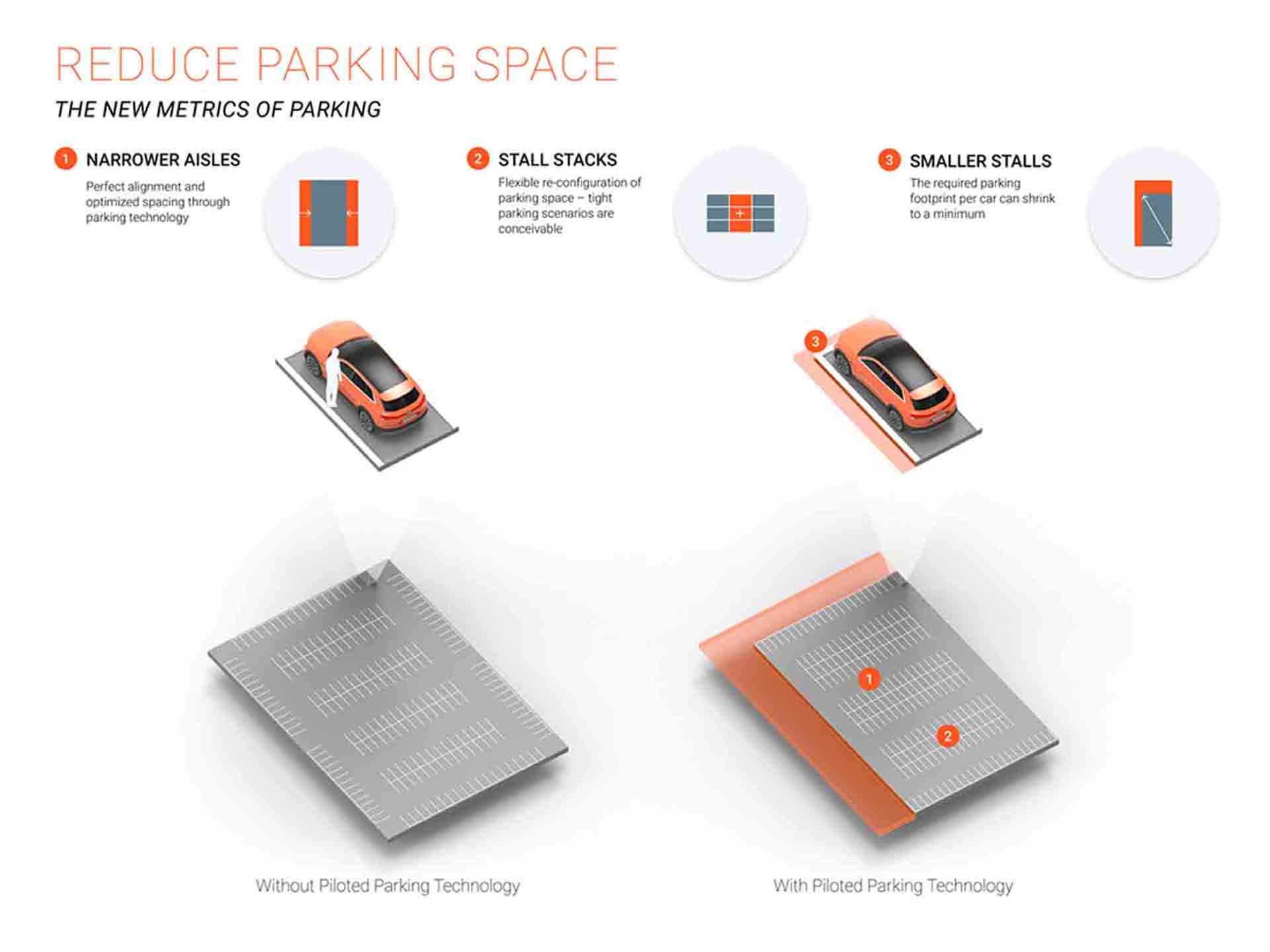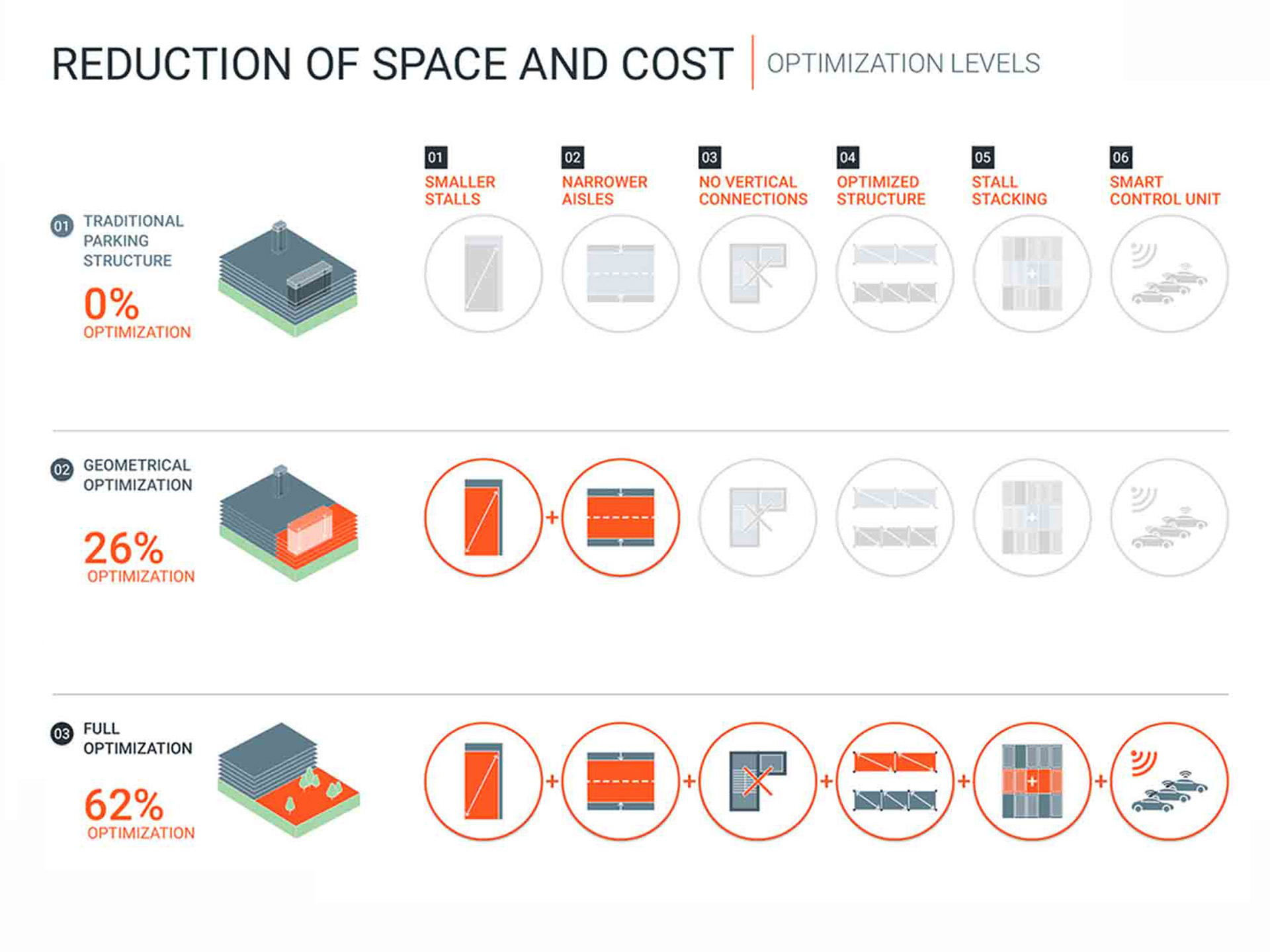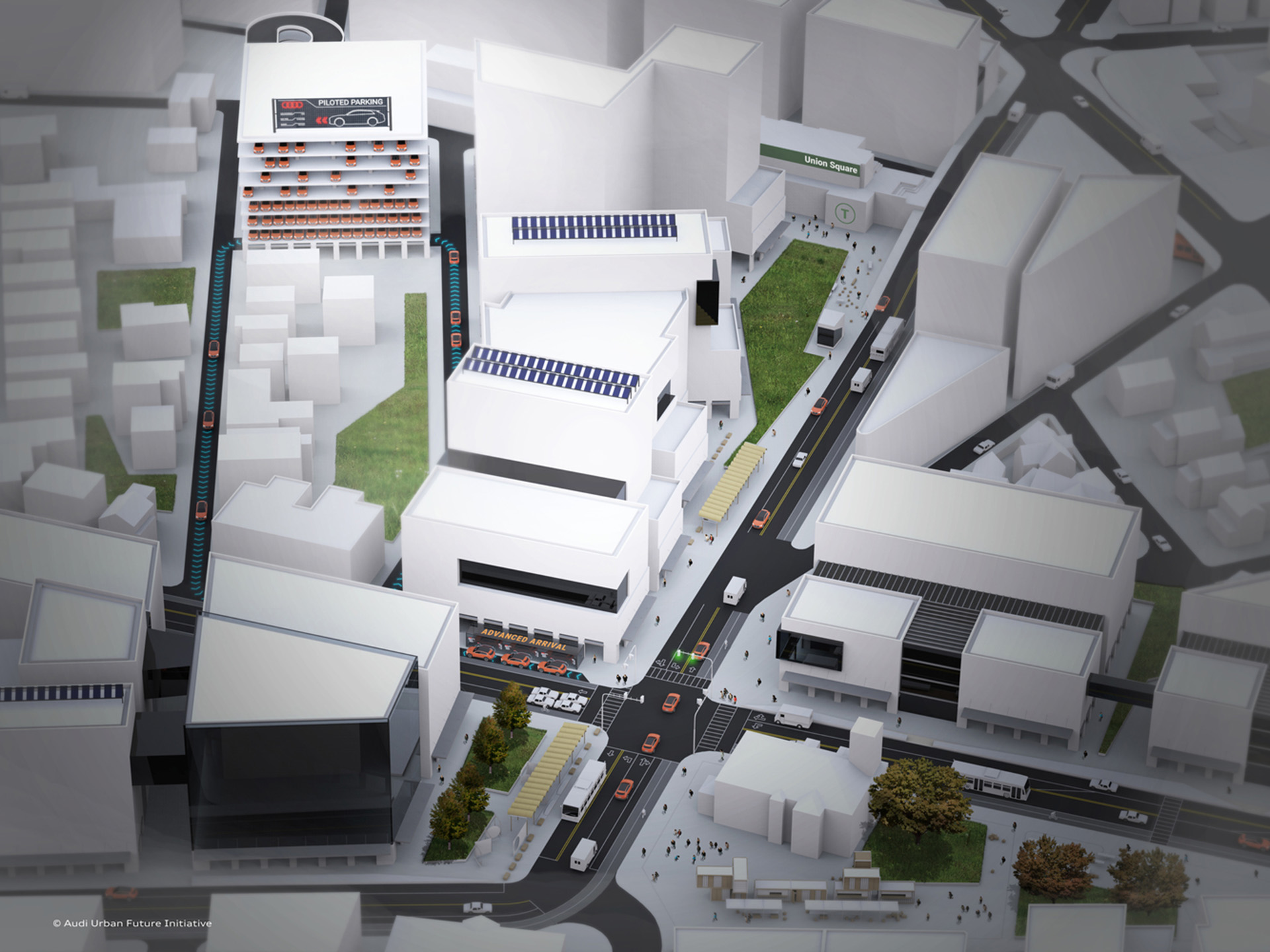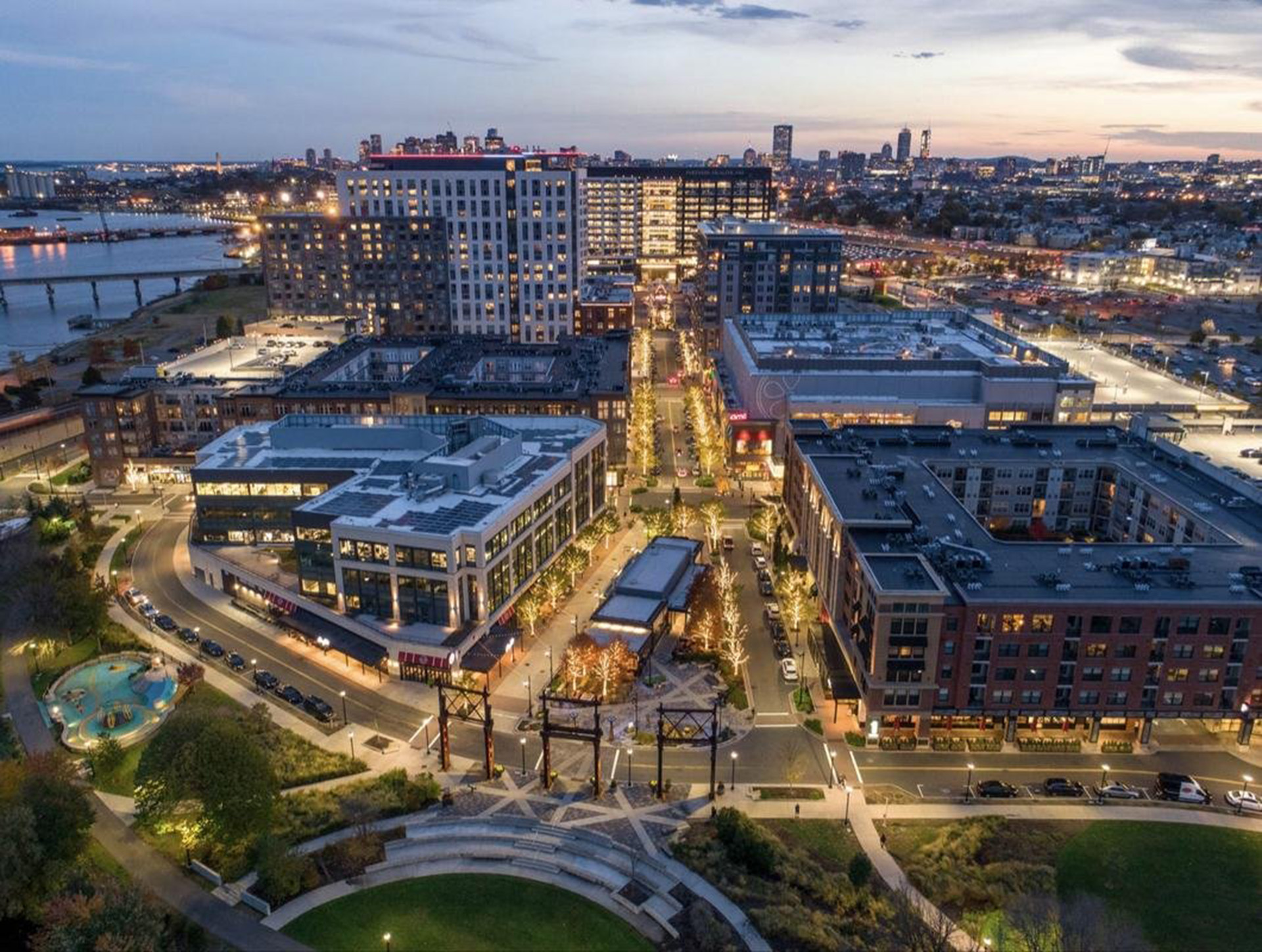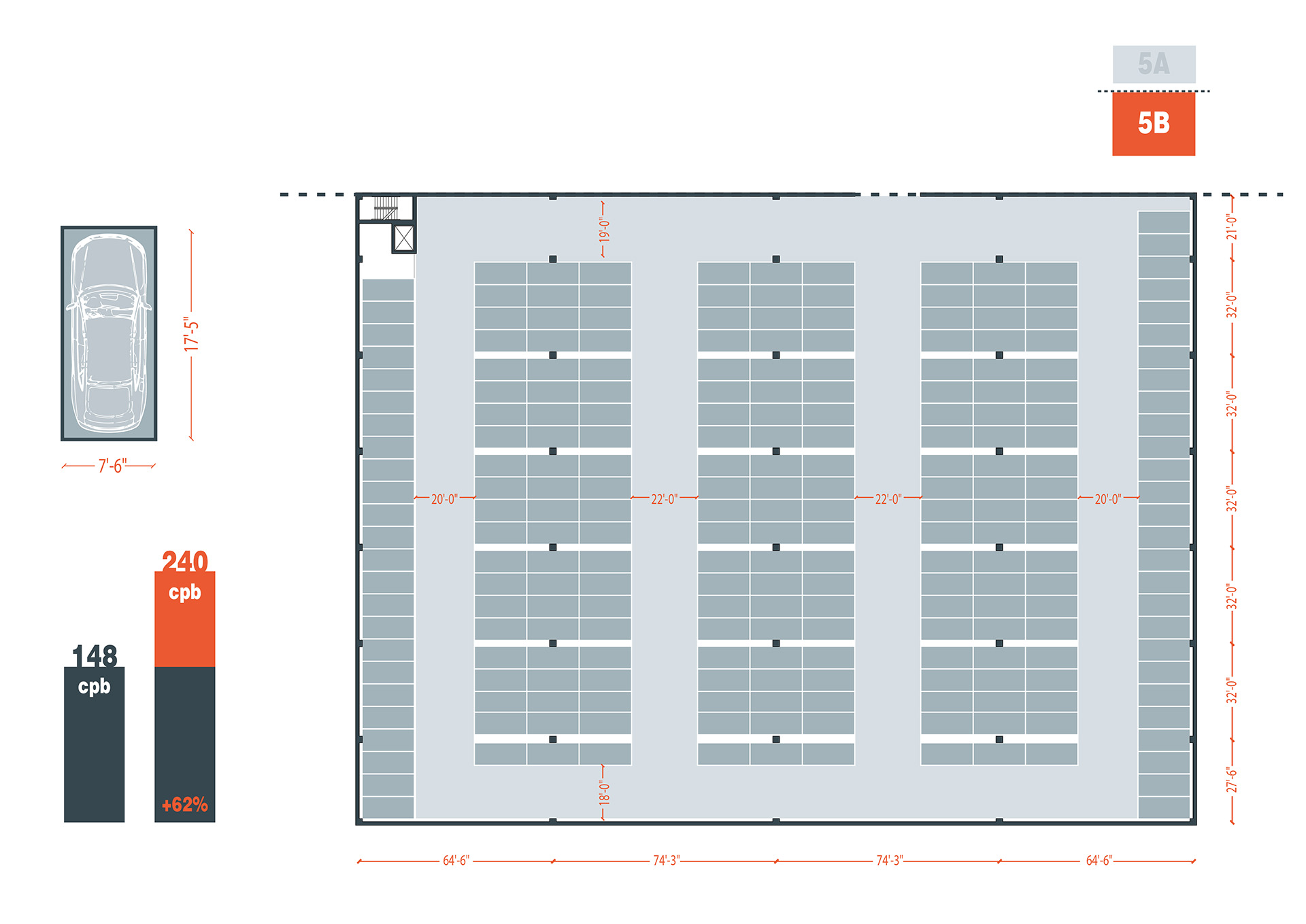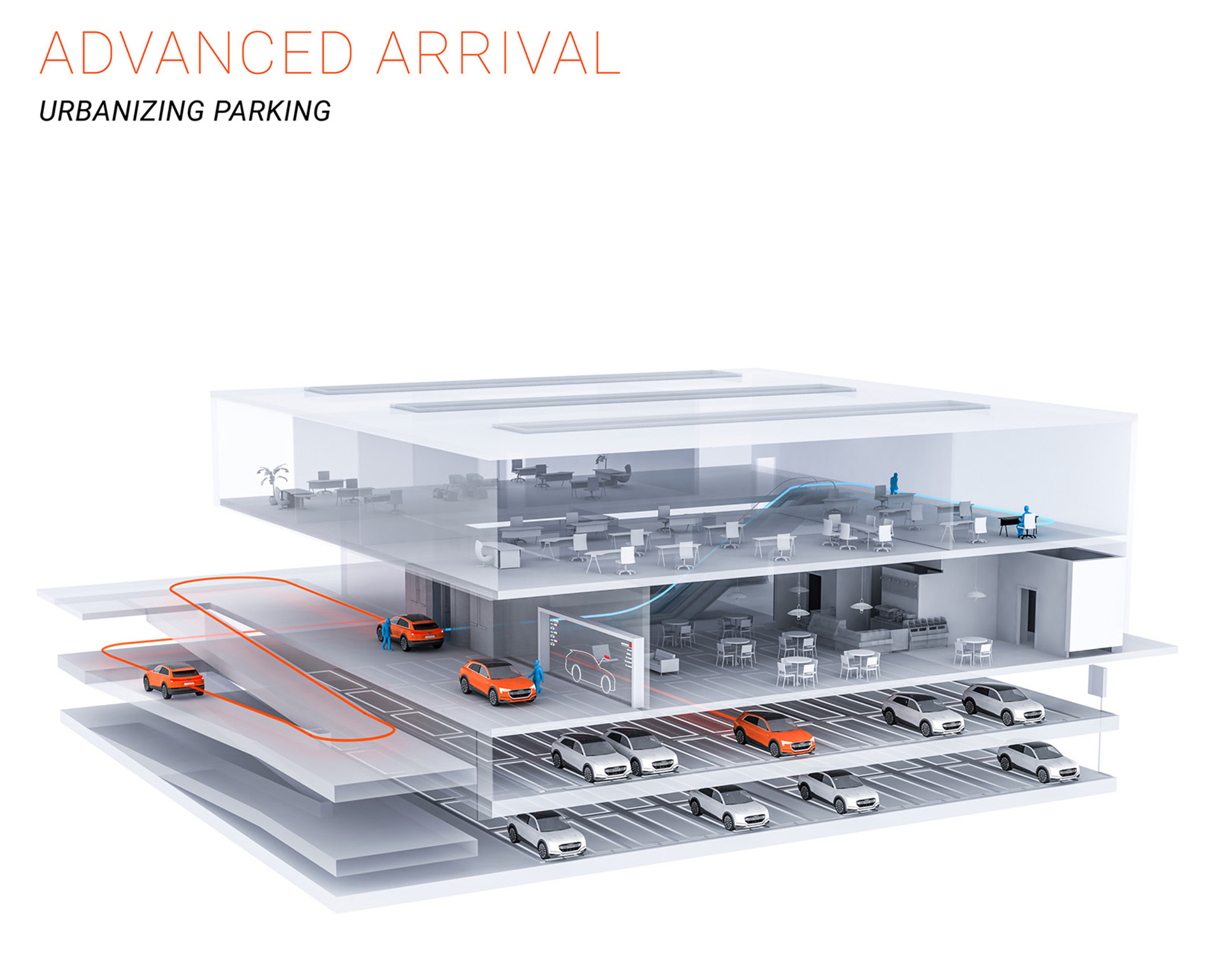Audi Sommerville Assembly Row
Boston
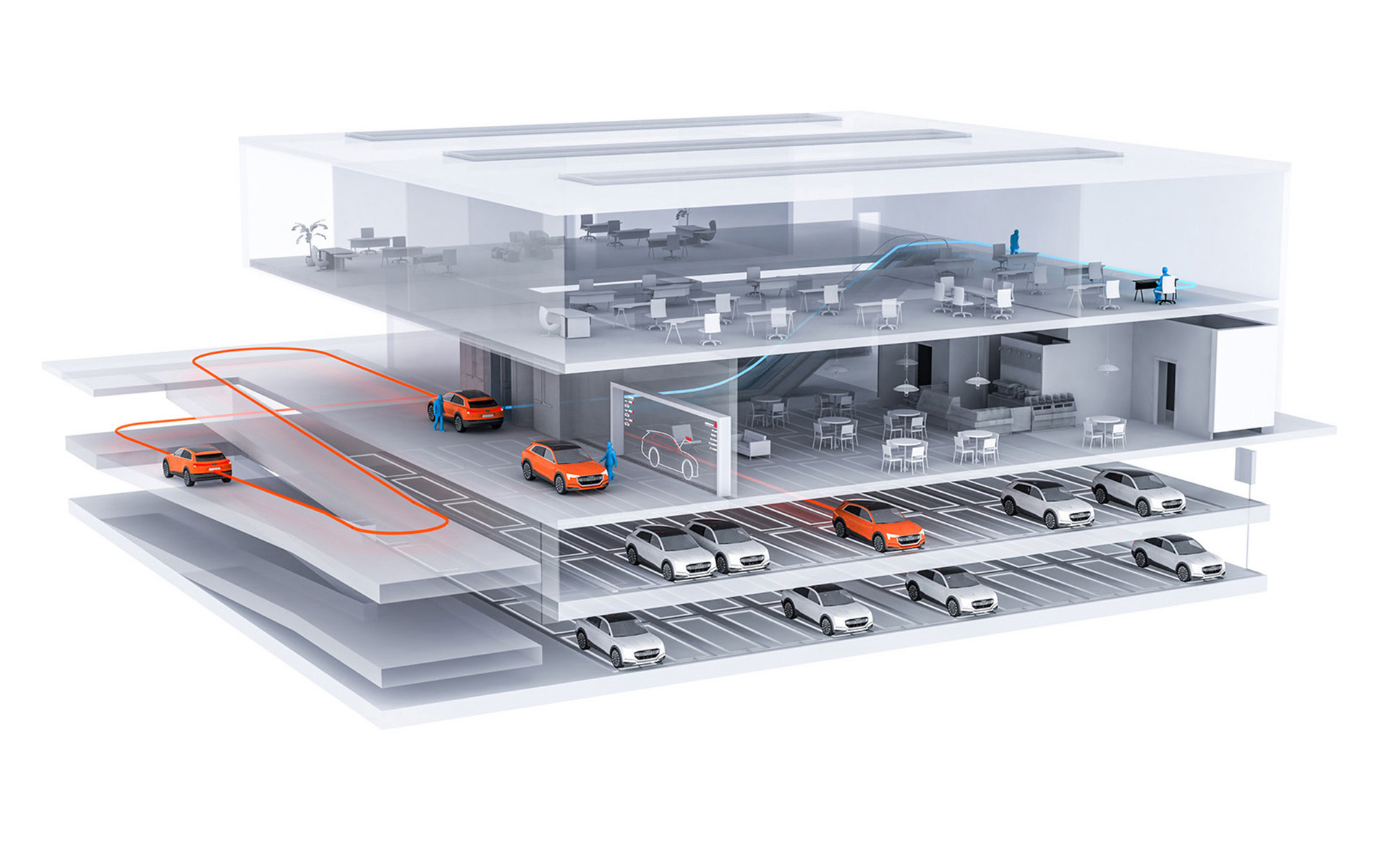
MIC-HUB collaborated with the Audi team and Urban Standards to investigate the impacts that the most innovative automotive research could have on consolidated urban contexts.
As part of the Audi Urban Partnership with the City of Somerville, the Assembly Row project focuses on the implementation of smart and futuristic parking solutions through the application of Advanced Arrival.
Strategically located only ten minutes from Downtown Boston, Assembly Row is a Mixed-Use Transit Oriented Development that will contain residences, offices, retail spaces, leisure amenities and a hotel for over 5 million square feet.
Location
Boston
Client
Audi
Main expertise
Innovative & digital mobility
PROJECT HIGHLIGHTS
- Innovative & digital mobility
- Car-to-X technologies
- V2X communication
Project gallery
Our contribution
MIC-HUB worked to implement and test in Boston area the first driverless parking facility.
Based on the concept of piloted parking and of shared fleets, Advanced Arrival has the target of strongly reducing the parking footprint of the development by compacting garages and lowering the level of car ownership of the residents. For second tier developments, like Assembly Row, the investments related to parking are generally sunk costs given their very low profitability and their very high construction costs. MIC-HUB has been working in very close contact with the developer Federal Realty (FRT) to test and understand the improvements and the efficiency that can derive from Advanced Arrival.
Thanks to the precision driving features and to the absence of the human factor within the parking facility, the application of the technology produces an increase in space efficiency, allowing for higher parking capacities or smaller footprints of the garages. MIC-HUB calculated the spatial benefits that developers will gain implementing such technologies. The introduction of a fleet of electric cars shared by the different users of the development could lead to a further reduction of the parking provision by lowering the car ownership of the residents and discouraging car commuting of workers.
The benefits of implementing a shared mobility solution are maximized if applied to mixed use developments, where different functions and therefore different agendas make room for multi-user car services.
